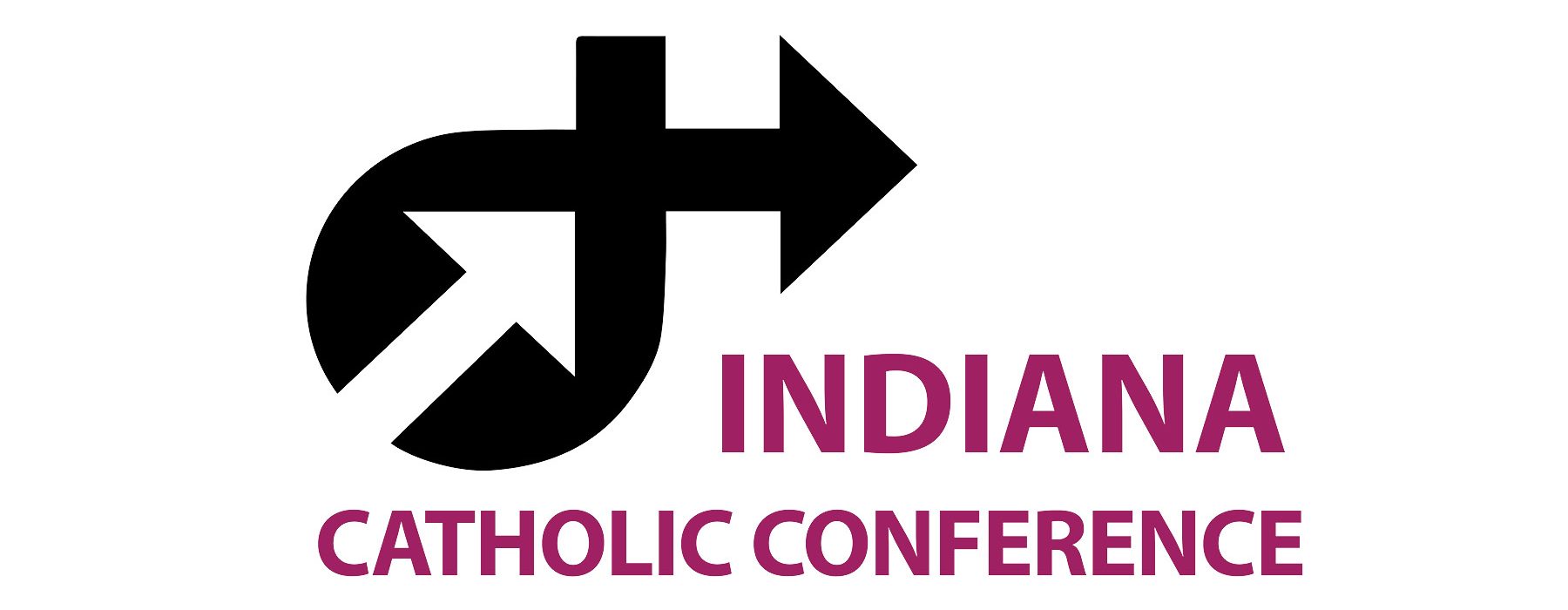February 26, 2019 // Diocese
Attempt to bar vouchers from faith-based schools defeated
An effort to block private schools from receiving vouchers based on their employment practices has stalled twice at the Statehouse in recent weeks, but it could resurface if the lawmaker behind it continues to protest the actions of his alma mater.
Rep. Dan Forestal (D-Indianapolis), a 2001 graduate of Roncalli High School in Indianapolis, proposed amendments to two bills moving through the Indiana House of Representatives in February. The amendments would prohibit schools whose students receive tuition support in the form of vouchers from discriminating against staff members on the basis of gender identity or expression or sexual orientation. Forestal initiated these actions in reaction to the suspension at the beginning of the school year of Shelly Fitzgerald, a guidance counselor at Roncalli, after it was discovered that she was in a same-sex marriage. She was put on administrative leave with pay for violating her work agreement.
“There is a fundamental principle here: Public funds should not go toward institutions that choose to discriminate,” Forestal said in introducing his first proposed amendment before the House on Feb. 14.
The Indiana Catholic Conference opposed the amendments, which Forestal attempted to add to bills on charter schools and the state budget. Both efforts were voted down by a large margin.
“Every teacher, administrator and guidance counselor in all of our schools is a minister of the faith, and they must adhere to the teachings of the Catholic Church,” said Glenn Tebbe, executive director of the ICC, the public policy voice of the Catholic Church in Indiana. “The issue at Roncalli is a contractual matter. Schools have to be able to maintain their integrity and their mission, and that includes hiring people who model what we teach.”
In a letter issued shortly after the Roncalli situation became news in August, Archbishop Charles C. Thompson stated that “there is nothing in Church teaching that says being gay or lesbian is a sin” and that the Church “upholds the dignity of every human person, including persons with same-sex attraction.” The document also noted that at the same time, “the Church upholds the dignity and sanctity of marriage,” and that “by its very nature, marriage is a permanent partnership between one man and one woman ordered to the good of the couple and the procreation and education of children.”
Archbishop Thompson said that Catholic school staff members “must convey and be supportive of the teachings of the Catholic Church. These expectations are clearly spelled out in school ministerial job descriptions and contracts, so everyone understands their obligations.”
The recent debate at the Indiana General Assembly has implications beyond the Catholic Church, according to the Indiana Non-Public Education Association, which represents the more than 7,000 teachers and close to 100,000 students at the state’s 400 private schools. The majority of those schools are religious, whether Catholic, Lutheran or nondenominational.
“This issue is not just a Roncalli High School or Archdiocese of Indianapolis issue,” said John Elcesser, executive director of the INPEA. “This is a religious liberty issue. Does a faith-based school have the ability to operate according to its beliefs and practices?”
Elcesser says the answer is yes, based upon provisions in the groundbreaking school choice legislation that led to the School Scholarship Tax Credit and the Indiana Choice Scholarship (voucher) programs in 2009 and 2011, respectively. These programs were designed to ensure that families could select the right school for their children regardless of income. Today, about 36,000 children in Indiana receive vouchers.
“Indiana’s choice programs were established in a way that respects the specific individual missions of the participating schools,” Elcesser said, adding that specific language in the statute “guards against government overreach especially as it relates to curriculum, religious instruction and teacher and staff hiring.”
“Rep. Forestal is taking a contractual issue between two parties and trying to bring the state into that relationship,” Elcesser added. “The only ones who would get hurt with this amendment are the families that would not be able to afford to send their child to the school they wish.”
This distinction – that families direct where voucher funds go – is also at the core of the issue, according to Rep. Robert Behning (R-Indianapolis). Behning is the author of House Bill 1641 on charter schools, which was the target of Forestal’s first attempt at an amendment.
During the House debate, Behning referred to a unanimous decision by the Indiana Supreme Court in 2013 upholding school choice legislation. In its ruling, the court held that the voucher program was constitutional because parents are the direct beneficiaries rather than the schools they select for their children.
“What the Indiana Supreme Court clearly said is that the money goes to the students; it is not given to the schools,” Behning said in opposing Forestal’s proposed amendment.
To follow priority legislation of the ICC,
visit www.indianacc.org. This website includes access to I-CAN, the Indiana Catholic Action Network, which offers the Church’s position on key issues. Those who sign up for I-CAN receive alerts on legislation moving forward and ways to contact their elected representatives.
The best news. Delivered to your inbox.
Subscribe to our mailing list today.






